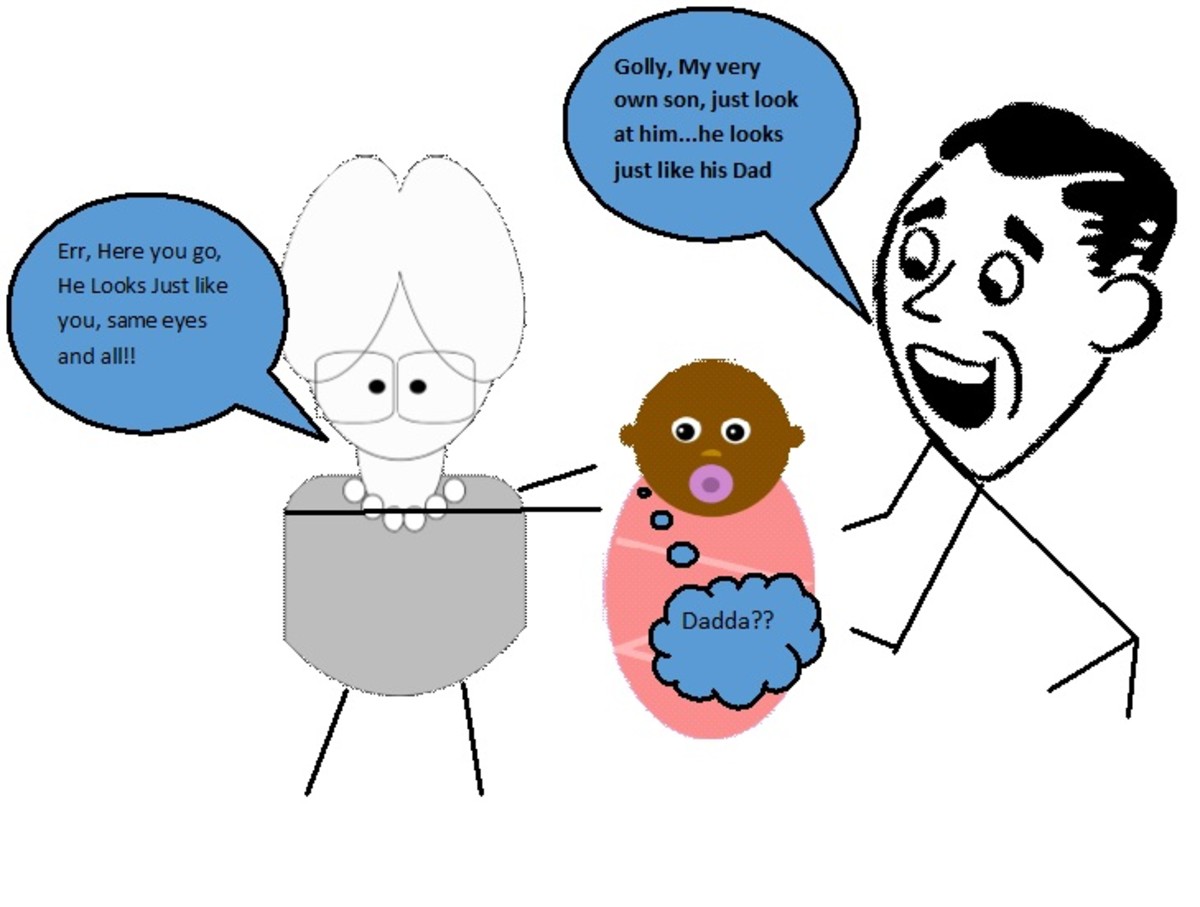Children: The Impact of Losing 1 Hour of Sleep
Sleep deprivation among today’s children is becoming an increasing occurrence. Major studies have revealed that children today are getting, on average, an hour less sleep a night than children 30 years ago. The causes of this missing hour are many – from an excess of activities to disproportionate amounts of homework which are then compounded by permissive bedtimes, television and mobile phones. How exactly does an hour less sleep a night affect elementary school children?
It is commonly known that sleep deprivation has a negative effect on everyone from adults to children. As adults, we are all well aware of the effects of sleep deprivation. It results in reduced concentration, inability to think straight, diminished performance in any task, and it also increases the likelihood of falling asleep, especially when performing mundane activities, such as driving a car. If we, as adults, can be affected by sleep deprivation in such a manner, it is only logical that children, for whom sleep is essential for development, would be similarly affected, if not, more so.
What was not known until fairly recently was just how much a single lost hour of sleep could impact a child, especially one in elementary school. Sleep studies performed on children are revealing that a single lost hour of sleep a night can:
- reduce academic performance
- affect emotional stability
- increase the incidence of medical conditions such as obesity and Attention Deficit Hyperactivity Disorder (ADHD)
Sleep deprivation during the formative years of a child’s brain could lead to permanent changes in brain structure that cannot be reversed even with “catch-up” sleep.
1. The Effect of Sleep Deprivation on Academic Performance
A sleep deprivation study on a group of elementary students revealed that sixth graders, missing one hour of sleep a night, performed in class at the level of a fourth grader. Effectively, losing one hour of sleep a night can reduce a child’s cognitive maturation and development by as much as two years. Additionally, delaying a child’s bedtime by one hour over the weekend can lead to a seven point reduction in IQ scores. Even 15 minutes of sleep can mean the difference between an average grade A student and an average grade B student.
Sleep deprivation impairs a child’s brain by reducing the plasticity of that child’s brain cells. The brain cells are then unable to form the connections required to record memory. Therefore, children suffering from sleep deprivation are not able to retain information learned in class. Sleep is vital for the synthesis and storage of memories. During sleep, the brain moves information learned during the day into more efficient storage areas within the brain. The more a child learns during the day, the more sleep is required to consolidate the memories associated with the information learned.
Sleep deprivation also affects the body’s ability to draw glucose from the bloodstream. This inability to access basic energy reserves from the body affects the prefrontal cortex of the brain. The prefrontal cortex is responsible for executive functions such as fulfilling goals, predicting outcomes, and perceiving the consequences of actions. When the brain is tired, it is unable to look beyond a wrong answer and come up with alternative solutions. It is also unable to control impulses such as postponing entertaining diversions in order to complete study goals.
2. The Effect of Sleep Deprivation on Emotional Stability
Studies have also shown an interesting effect of sleep on different parts of the brain. For instance, sleep deprivation impacts the hippocampus more so than the amygdala. The hypocampus is responsible for processing positive memories, while the amygdala processes negative stimuli. As a result, children who are sleep deprived are less able to recall pleasant memories compared to melancholic ones.
3. The Effect of Sleep Deprivation on Weight
Sleep studies have revealed that children who sleep less are, on average, fatter than children who receive adequate sleep. Children who received “less than eight hours of sleep have about a 300 percent higher rate of obesity than those who get a full ten hours of sleep.” The two-hour window revealed a “dose-response” relationship between sleep and obesity.
How does sleep deprivation affect weight gain?
- Lack of sleep has been shown to increase the hormone that signals hunger and reduce the hormone that suppresses appetite.
- Lack of sleep increases the levels of the stress hormone cortisol which stimulates the body to make fat.
- Sleep deprivation disrupts the normal release of human growth hormone which is essential for breaking down fat.
A sleep debt of as little as one hour a night can have an enormous impact not only on elementary children, but on all children during their formative years. The impact goes above and beyond academic performance at school. It has the ability to affect the health and emotional well-being of a child. The importance of receiving adequate sleep during elementary school cannot be sufficiently emphasised.











